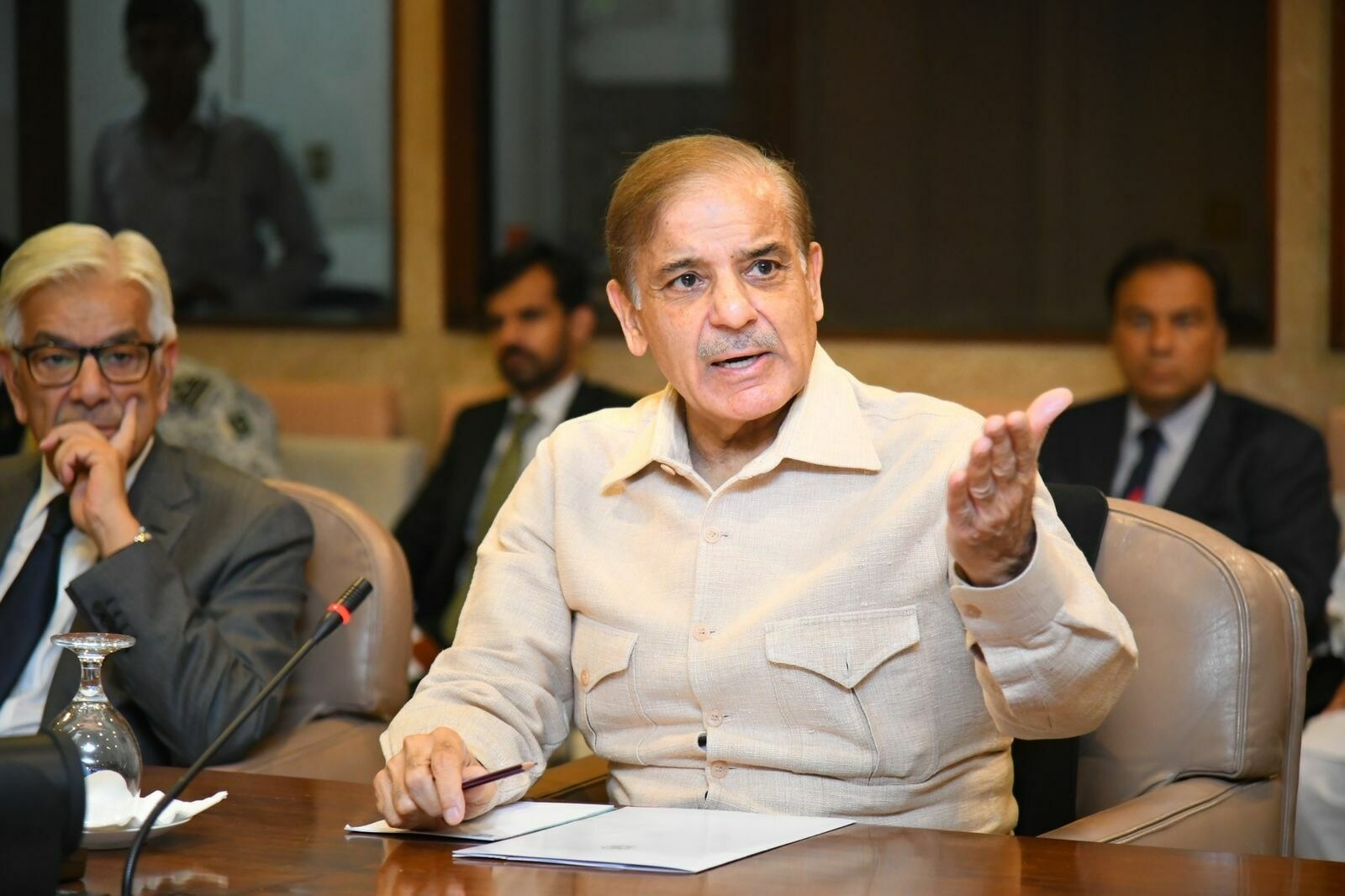PTBP Web Desk
Standard Chartered Bank Pakistan and the International Finance Corporation (IFC), a member of the World Bank Group, have jointly launched a USD400 million risk-participation facility aimed at expanding short-term trade and working-capital financing for Pakistan’s export-oriented industries. The new initiative builds on earlier collaborations and is expected to significantly support Pakistan’s foreign exchange inflows, ease liquidity pressures on businesses, and contribute to long-term economic resilience.
The latest facility represents a major strengthening of the partnership between Standard Chartered and IFC. It arrives at a time when local firms—particularly export manufacturers—require sustained access to financing to navigate global market challenges and rising operational costs.
According to Standard Chartered Bank Pakistan, the facility is specifically designed to help strengthen the country’s foreign exchange position. By enabling large corporations and exporters to access additional trade financing, the initiative will help improve export cycles, accelerate payments, and ensure better cash-flow management across critical sectors, including textiles, manufacturing, food processing, and technology.
The USD400 million facility is double the size of the previous USD200 million program launched in December 2022. That earlier arrangement helped numerous firms unlock working capital, diversify export markets, and upgrade production capacity. The expansion of the facility signals IFC’s renewed confidence in Pakistan’s exporters and their ability to drive economic growth.
Rehan Shaikh, CEO and Head of Coverage at Standard Chartered Pakistan, said the initiative further deepens the bank’s long-standing partnership with IFC. With Standard Chartered operating across 53 markets in Asia, Africa, and the Middle East, he noted that the bank has historically played a key role in global trade channels, allowing businesses in Pakistan to connect with international buyers and suppliers.
Shaikh emphasised that this facility would allow the bank to provide greater support to local corporations, enabling them to expand operations, strengthen balance sheets, and increase export competitiveness. He said the collaboration reflects a shared commitment to helping Pakistan’s private sector grow sustainably.
Momina Aijazuddin, IFC’s Regional Head of the Financial Institutions Group for the Middle East, Türkiye, Central Asia, Pakistan, and Afghanistan, described the agreement as a significant milestone in IFC’s expanding engagement with Standard Chartered Bank.
She explained that by doubling the size of the risk-participation facility, IFC aims to unlock much-needed working-capital financing for businesses that generate employment, contribute to GDP, and enhance Pakistan’s export potential.
Aijazuddin highlighted IFC’s commitment to boosting export-oriented industries, supporting sustainable development frameworks, and improving access to finance for businesses across emerging markets. She said the program would directly contribute to building Pakistan’s economic resilience and promoting inclusive growth.
Although formalised in September 2025, the new program builds on three years of close collaboration between Standard Chartered and IFC in Pakistan’s trade and manufacturing sectors. Their earlier joint efforts included a USD200 million facility in 2022, which played a key role in helping exporters secure supply-chain financing, upgrade machinery, and meet global compliance benchmarks.
The newly-expanded USD400 million facility will enhance this impact by increasing the scale and availability of financing, supporting new product lines such as sustainable finance instruments, green supply-chain initiatives, and digital working-capital solutions.
Industry experts believe the program will add much-needed stability to Pakistan’s economic environment, especially at a time when export-driven industries face increased costs due to inflation, currency volatility, and global market uncertainty.
The new arrangement will allow eligible exporters and corporations to benefit from:
- Short-term trade financing
- Working capital lines
- Supply-chain financing
- Risk-sharing arrangements
- Sustainable finance products
This facility will help bridge financing gaps, improve liquidity, and reduce the pressure on local banks while encouraging greater participation from foreign entities in Pakistan’s financial sector.
With global supply chains undergoing shifts over the past few years, Pakistan has been working to attract foreign buyers, expand export markets, and modernise its production systems. Enhanced working-capital availability is expected to enable manufacturers to:
- Increase export volumes
- Meet large international orders
- Improve delivery timelines
- Reduce dependency on costly local borrowing
- Invest in energy-efficient and competitive technologies
This aligns with the government’s broader economic strategy to improve export performance and bring greater stability to Pakistan’s foreign exchange reserves.
High-Level Attendance Reflects Growing Interest
The announcement also witnessed attention from various stakeholders, including senior officials from the World Bank Group, industry associations, financial experts, and trade bodies. Their participation reflects the strong interest in building sustainable financing pipelines for Pakistan’s industrial growth.




